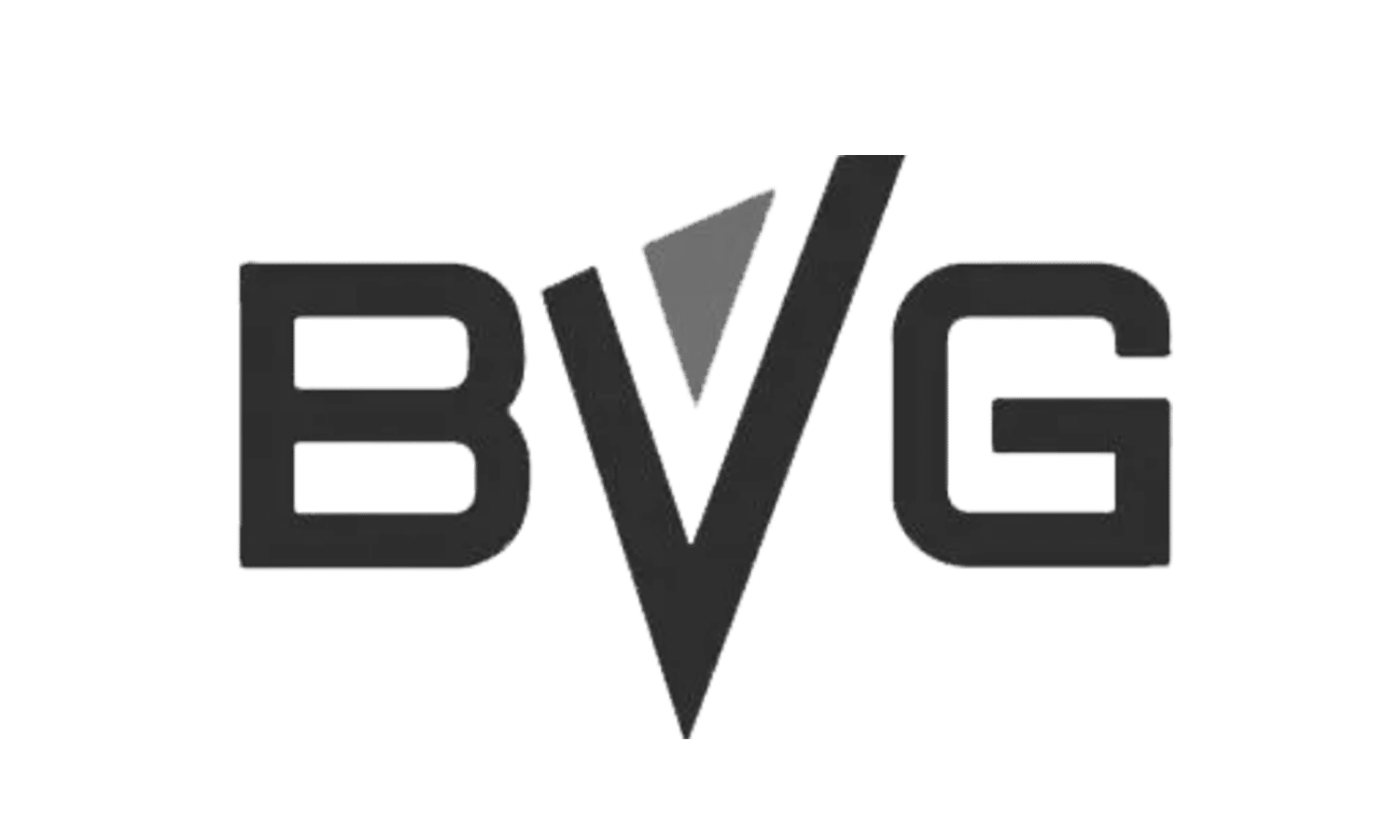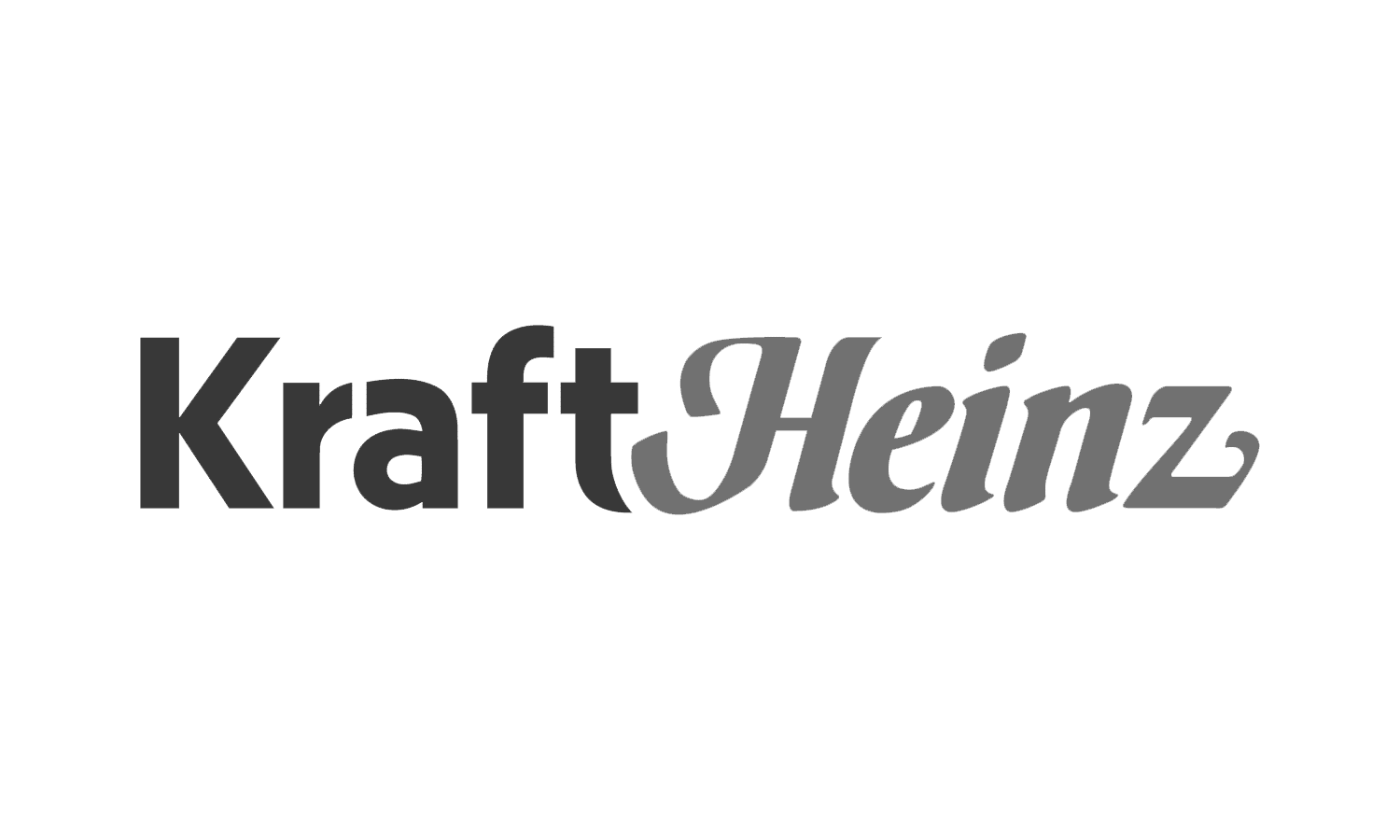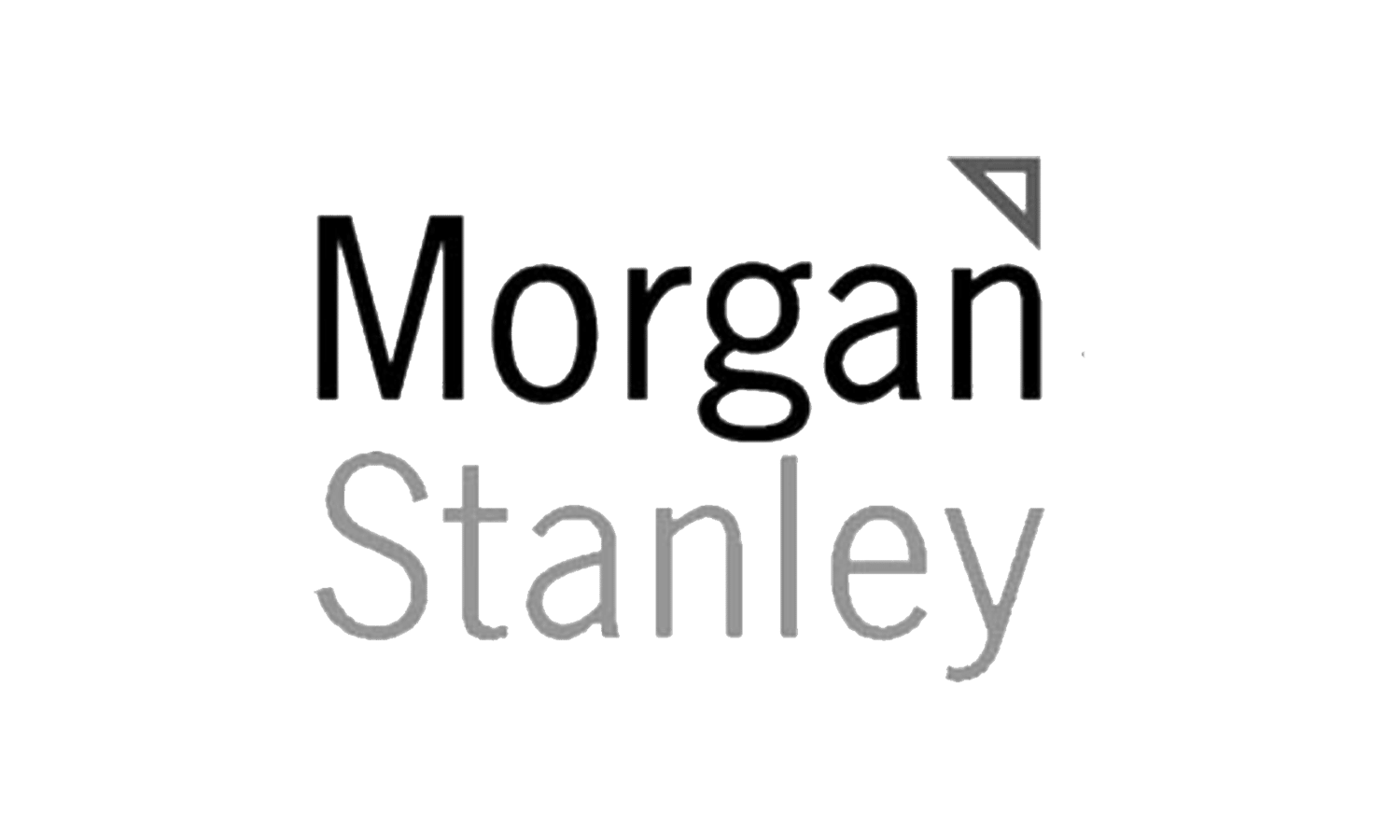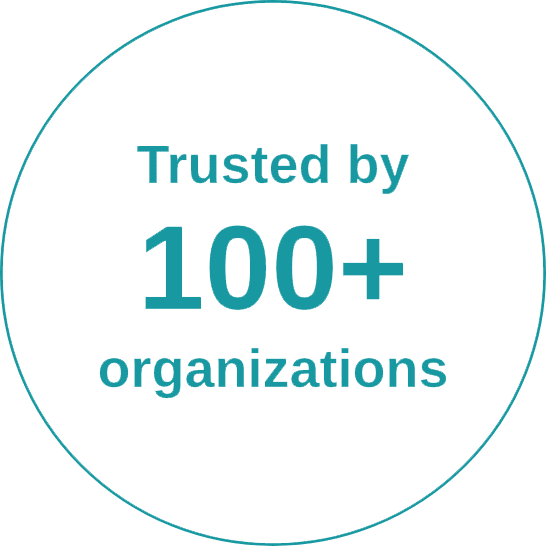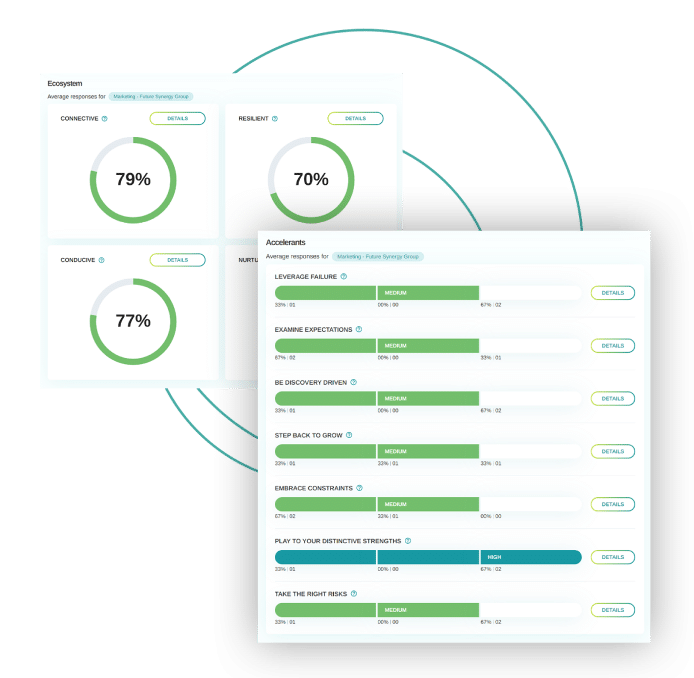
Who We Are
Smart Growth Activators
Disruption Advisors is a tech-enabled leadership development company leveraging its proprietary S Curve™ framework and tools to help you grow.
Disrupt Yourself
Companies don’t disrupt, people do.
Play Video about Smart Growth Certification

Disrupt Yourself Podcast
With Whitney Johnson
Listen in as Whitney talks with notable leaders about their growth through disruption.
Books
Smart Growth: How to Grow Your People to Grow Your Company
Wall Street Journal, USA Today, Amazon bestseller, named one of 10 Best New Management Books for 2022 by Thinkers50.
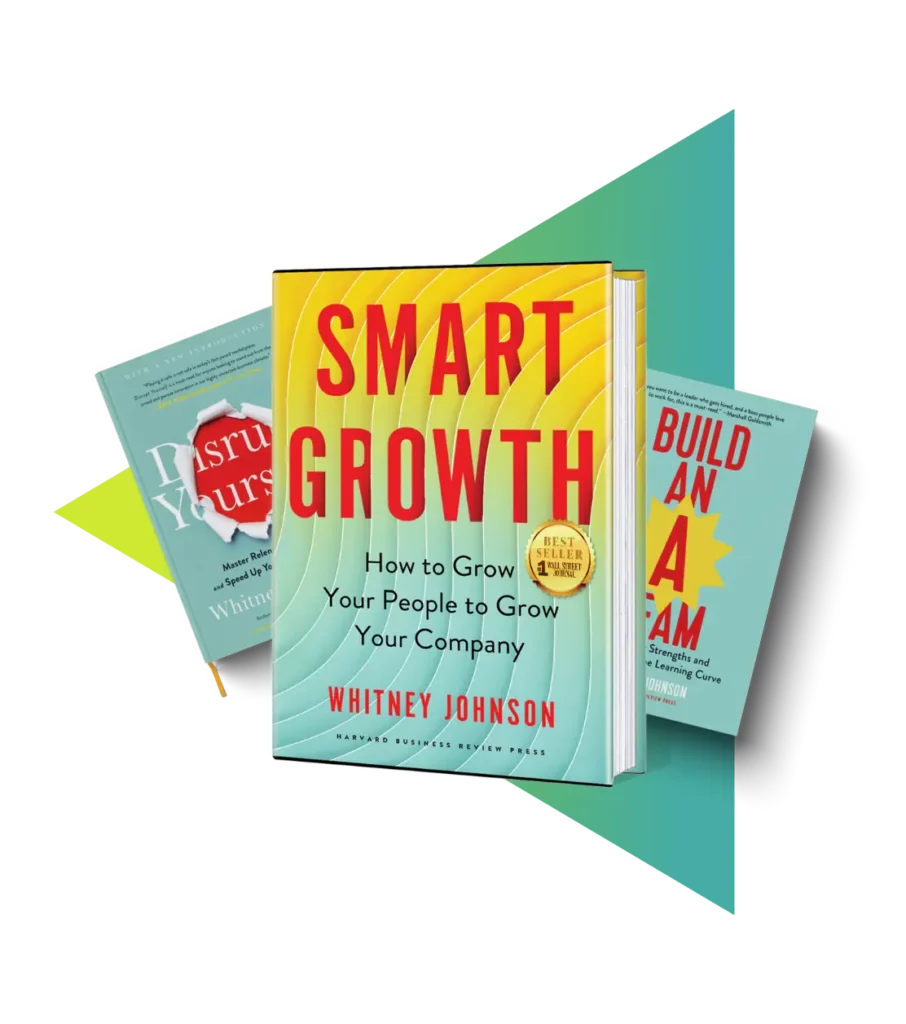
Sign up to get

Your Monthly Dose of Disruption




